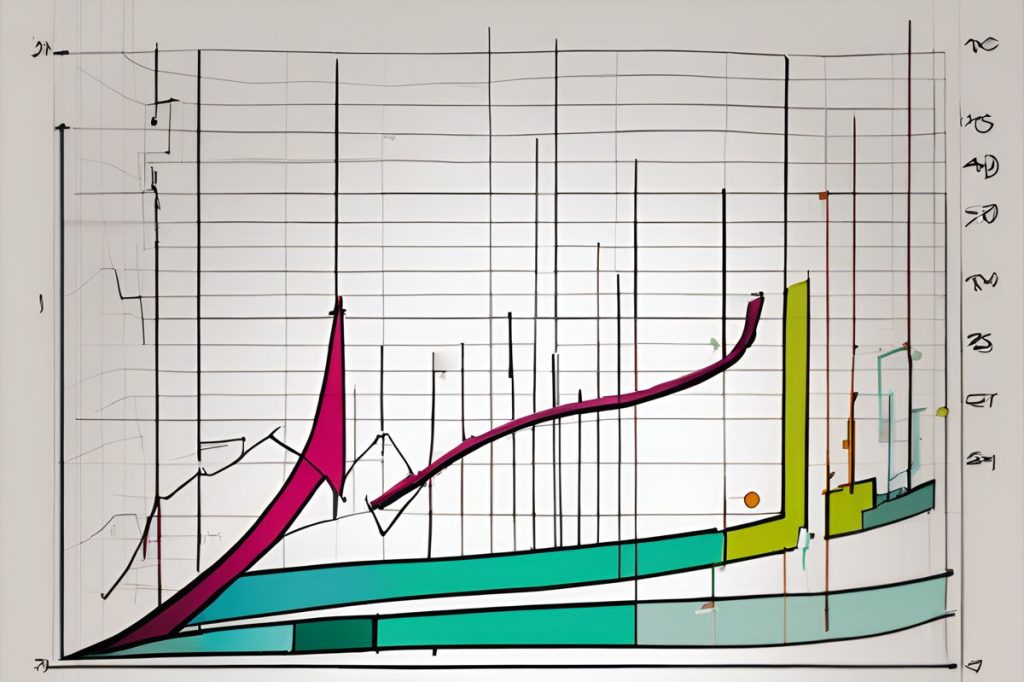Cyprus faces an economic downturn, with the Cyprus Composite Leading Economic Index falling by 0.9% in March 2024 due to global conflicts, declining property sales, and volatile commodity prices. The island nation’s economic stability is being tested by external pressures and internal challenges, emphasizing the need for strategic planning and vigilance in the face of uncertainty.
What factors have contributed to the economic downturn in Cyprus?
The economic downturn in Cyprus, as indicated by the Cyprus Composite Leading Economic Index, resulted from:
- Global uncertainty due to international conflicts impacting supply chains and energy prices.
- A decline in property sales, signaling a cooling real estate market.
- Volatility in global commodities, like the price of Brent Crude oil.
- Geopolitical tensions affecting economic stability and growth prospects.
The Current Economic Climate in Cyprus
In March 2024, Cyprus faced a notable economic downturn as reflected by the Cyprus Composite Leading Economic Index (CCLEI), which decreased by 0.9 percent compared to the same month in the previous year. This decline was reported by the University of Cyprus Economic Research Centre (CypERC) and is indicative of a troubling trend, as the index had already fallen by 0.6 percent in February following a modest 0.2 percent rise in January. These fluctuations highlight the sensitive nature of the island’s economy to external pressures and internal market dynamics.
The downward trajectory of the CCLEI is a continuation of a pattern of instability. This is further evidenced by the Economic Climate Indices (ECI) in both Cyprus and the eurozone, which have also exhibited negative growth rates. The situation in Cyprus is particularly concerning, as its ECI has deteriorated more significantly than that of the broader eurozone.
External Influences and Domestic Challenges
External factors have played a considerable role in the recent economic performance of Cyprus. International developments and the associated uncertainties have been pinpointed as major contributors to the March decline. Conflict has been a persistent destabilizing factor, with the ongoing military strife between Russia and Ukraine, as well as heightened tensions in the Middle East, creating an atmosphere of unpredictability. These conflicts are not only geopolitical concerns but also have direct economic implications, potentially affecting supply chains and energy prices.
Domestically, the negative growth rate of the CCLEI was influenced by a reduction in property sales documents, signaling a possible cooling in the real estate market, a key sector for the Cypriot economy. Additionally, the international price of Brent Crude oil experienced a surge in growth rate for the first time since December 2022, underlining the volatility of global commodities and their impact on small, open economies like Cyprus.
The Influence of Geopolitics on Economic Prospects
The CypERC has emphasized the significant impact that global economic and geopolitical scenarios have on the growth of the CCLEI and, by extension, on Cyprus’ economic development. A case in point is the recent increase in tensions in the Middle East, which has heightened uncertainty and could potentially influence oil prices and inflation rates. This, in turn, may affect the short-term growth patterns of the CCLEI.
Uncertainty is not merely a transient state but a condition that can have lasting effects on an economy’s foundational sectors. The CypERC’s findings suggest that the interplay between domestic economic activity and international events will continue to shape the economic landscape of Cyprus. As such, the resilience and adaptability of the country’s economic policies and practices will be tested in the face of these ongoing challenges.
Indicators and Future Outlook
While the CypERC report does not delve into forecasts or predictions, it is clear that understanding economic indicators like the CCLEI is crucial for anticipating future trends. The fluctuating property market, coupled with the changing prices of key commodities like oil, are significant factors to watch. These indicators not only reflect the country’s economic health but also serve as a barometer for business confidence and consumer sentiment.
As Cyprus grapples with these issues, the balance between managing domestic economic policies and responding to external pressures will be pivotal. The country’s economic institutions and policymakers will need to navigate through this period of uncertainty with strategic planning and a close eye on both local and international economic developments.
What factors have contributed to the economic downturn in Cyprus?
The economic downturn in Cyprus can be attributed to global uncertainty stemming from international conflicts impacting supply chains and energy prices, a decline in property sales indicating a cooling real estate market, volatility in global commodities like the price of Brent Crude oil, and geopolitical tensions affecting economic stability and growth prospects.
How has the Cyprus Composite Leading Economic Index (CCLEI) been affected in recent months?
In March 2024, the CCLEI fell by 0.9% compared to the same month in the previous year. This decline follows a 0.6% decrease in February and a modest 0.2% rise in January. The fluctuations highlight the sensitivity of Cyprus’s economy to external pressures and internal market dynamics, signaling a troubling trend of instability.
What role do external influences and domestic challenges play in Cyprus’s economic performance?
External factors, such as international conflicts and uncertainties, have significantly impacted Cyprus’s economic performance. Ongoing geopolitical tensions, declining property sales, and volatility in global commodities have all contributed to the economic downturn. Domestically, challenges in the real estate market and fluctuations in oil prices have further complicated the economic landscape.
How does geopolitics influence economic prospects in Cyprus?
Geopolitical events, such as conflicts in regions like the Middle East and tensions between Russia and Ukraine, have a direct impact on Cyprus’s economic prospects. The uncertainty surrounding these global developments can affect supply chains, energy prices, and inflation rates, shaping the short-term growth patterns of the CCLEI. The adaptability of Cyprus’s economic policies will be crucial in navigating these challenges.

